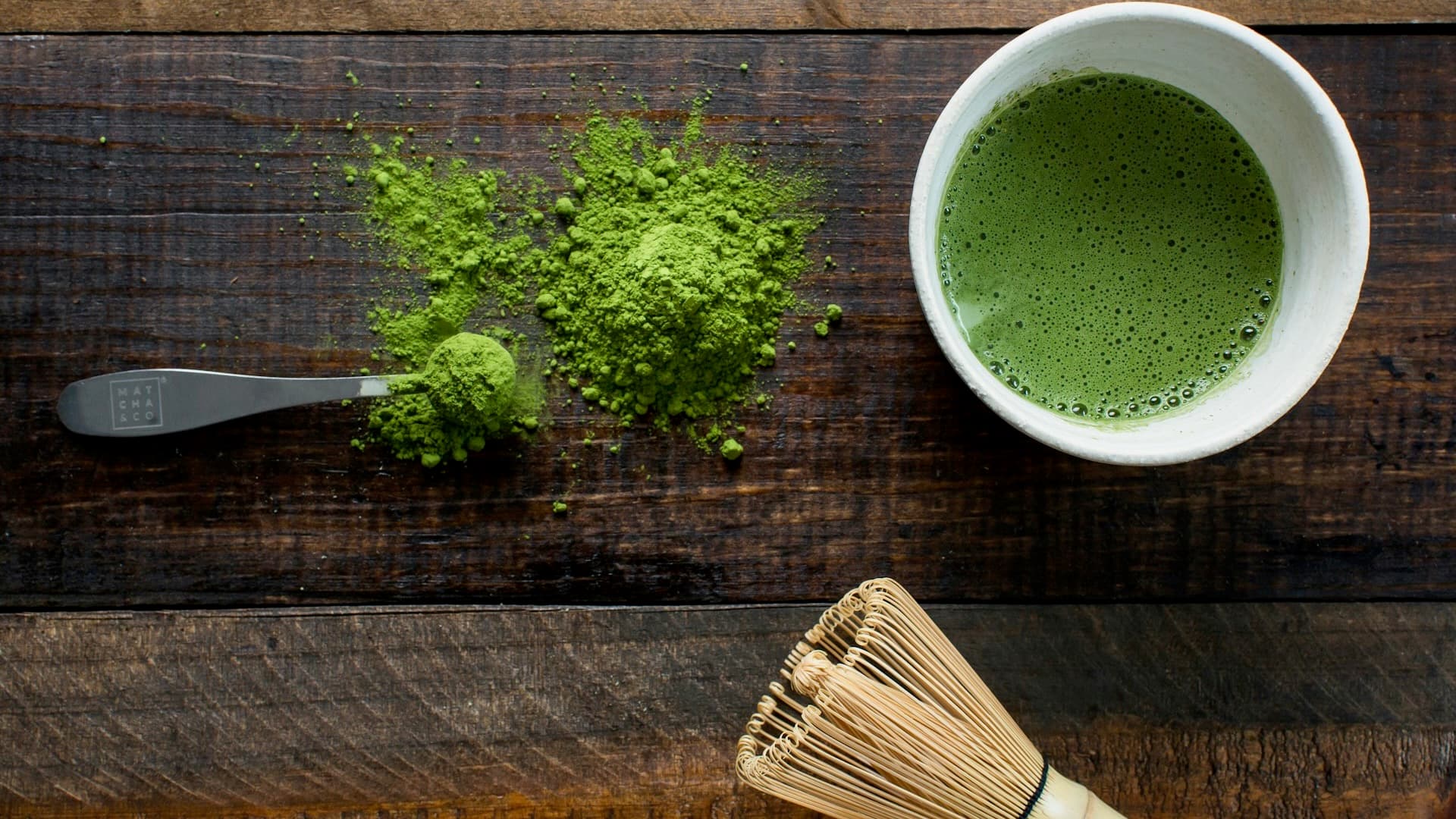
L-Theanine
L-Theanine is an amino acid found predominantly in tea leaves that is widely used as a dietary supplement to promote relaxation, reduce stress, and enhance cognitive function [6][25]. Its primary application is to induce a state of "wakeful relaxation" without causing the drowsiness associated with many other calming agents [28][17]. The U.S. Food and Drug Administration (FDA) has classified L-Theanine as "Generally Recognized as Safe" (GRAS), supporting its use in foods and supplements [15][33].
L-Theanine exerts its effects by crossing the blood-brain barrier and modulating key neurotransmitter systems [21][18]. Structurally similar to glutamate, the brain's main excitatory neurotransmitter, L-Theanine can bind to glutamate receptors and inhibit excessive excitatory signaling, which helps protect neurons from a damaging process called excitotoxicity [1][2].
This inhibitory action is complemented by its ability to increase levels of gamma-aminobutyric acid (GABA), the brain's primary inhibitory neurotransmitter [26][1]. The rise in GABA promotes a state of calm and relaxation without inducing sedation [4][18]. This, in turn, is thought to influence other neurotransmitters, leading to an increase in dopamine and serotonin, which are associated with mood and well-being [4].
A hallmark effect of L-Theanine is its capacity to increase the generation of alpha brain waves [23][4]. These brain waves are associated with a state of "relaxed alertness," similar to that achieved during meditation, which is linked to improved concentration and performance under stress [18].
Validated outcomes of these mechanisms include:
- Stress and Anxiety Reduction: Studies show L-Theanine can lower physiological stress markers like heart rate without the sedative side effects of anxiolytic drugs [23][16]. It is most impactful for individuals experiencing mild to moderate stress [12].
- Improved Sleep Quality: By promoting relaxation and reducing anxiety before bed, L-Theanine can decrease the time it takes to fall asleep and lead to more restful sleep [23][34].
- Enhanced Cognitive Function: L-Theanine has been shown to improve attention, working memory, and executive functions, partly due to the increase in alpha brain wave activity [23].
- Neuroprotection: It exhibits antioxidant properties, promotes brain-derived neurotrophic factor (BDNF) for neuron health, and increases levels of glutathione, a major antioxidant in the brain [34][1][21].
However, its utility is limited in cases of severe psychiatric conditions, where it is not a standalone treatment [29][7]. For healthy, low-stress individuals, its benefits may be marginal [3].
A typical implementation of L-Theanine depends on the desired outcome. Due to its rapid absorption and relatively short half-life of about 60-75 minutes, some protocols may involve divided doses to maintain consistent effects [13][24].
- For General Stress and Anxiety: A daily dose of 200–400 mg is supported by clinical studies for reducing stress-related symptoms in individuals facing stressful situations [27][20].
- For Improved Sleep Quality: A dose of 200–400 mg taken 30-60 minutes before bedtime is often recommended to promote relaxation and reduce sleep latency [12].
- For Cognitive Enhancement with Caffeine: The synergistic combination of L-Theanine and caffeine is well-documented for improving focus and alertness [12]. A common and effective protocol uses a 2:1 ratio of L-Theanine to caffeine, such as 200 mg of L-Theanine with 100 mg of caffeine [25]. This combination helps mitigate the jittery side effects of caffeine while amplifying its positive effects on attention [26].
Common Pitfalls:
- Using it as a Monotherapy for Severe Conditions: A significant pitfall is attempting to use L-Theanine as a replacement for prescribed medication or therapy for diagnosed conditions like major depressive disorder or chronic anxiety disorders [29][7].
- Ignoring Drug Interactions: L-Theanine can interact with antihypertensive drugs, sedatives, and stimulants [7][12]. Due to its potential to lower blood pressure, it is recommended to discontinue use at least 24 hours before surgery [19].
- Expecting Sedation: Users may mistakenly expect L-Theanine to act as a sedative. It promotes relaxation to aid sleep but does not induce drowsiness, making it suitable for daytime use for stress reduction [28][17].
Pros
Cons
Marginal Gains for Healthy Individuals: For individuals who are already calm, focused, and not experiencing significant stress, the supplemental benefits of L-Theanine may be negligible [3].
Can you build a tolerance to L-Theanine or become dependent on it?
Current scientific literature indicates that L-Theanine is not associated with tolerance or dependence [14]. It is not considered habit-forming, and clinical studies have not reported withdrawal symptoms upon discontinuation [32][8]. The risk of developing pharmacological tolerance appears to be low.
Does L-Theanine only work when combined with caffeine?
Is L-Theanine a proven cure for anxiety?
No. While research is promising for reducing acute stress and anxiety in healthy individuals, L-Theanine is not a proven cure for medical conditions like generalized anxiety disorder [27][11]. It should not be used to replace prescribed medications or therapy without consulting a healthcare provider [22].
Is L-Theanine a sedative that causes drowsiness?
Is it safe to take with all medications?
No. L-Theanine is generally safe but can interact with certain medications. Because it may lower blood pressure, it should be used with caution by anyone taking antihypertensive drugs [3]. It may also amplify the effects of sedative medications [6]. It is essential to consult a healthcare provider before combining L-Theanine with any prescription medication [31].